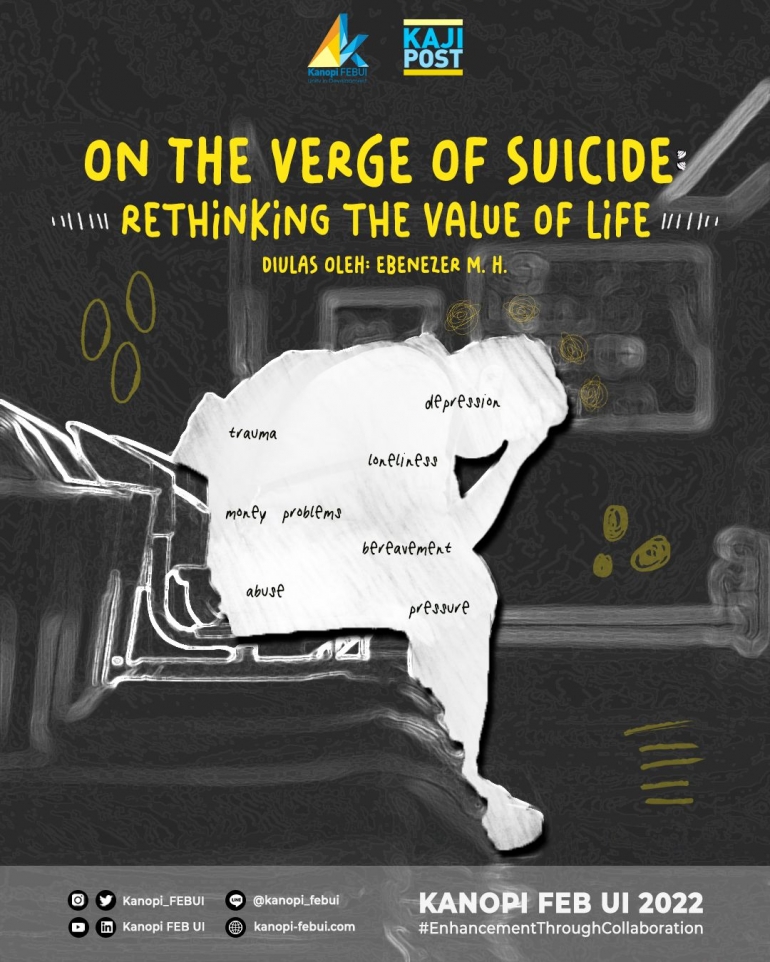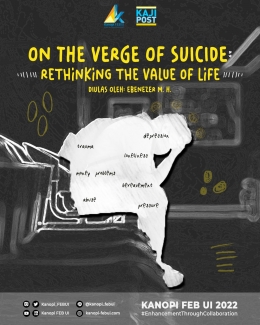A mini-documentary tells the daily story of Hyung-Geun Suh, a member of the Special Police Suicide Prevention Unit whose job is to rescue people who are trying to commit suicide by jumping into the Han River in South Korea. In a country with an average income of 30,000 USD per year, suicide is committed every 30 minutes.
Since the end of the Korean War, the citizens have evolved and enjoyed rapid economic development. Nevertheless, they are now increasingly exhausted physically and mentally in this highly competitive environment. People left behind are seen as failures and useless---eventually taking the painful decision to commit suicide. Deeply regretted: the majority of them are teenagers. Living in a country full of stressful competition in the academic world is tough.
The phenomena of suicide differ across the globe. In India, student suicides are relatively few compared to farmers, who have committed suicide at an increasing rate in recent decades. In Maharashtra, debt, poor living conditions, chronic illness, social and family obligations, drug addiction, and crop failure are the leading causes. (Maharashtra Government, 2006).
Suicide is a mysterious phenomenon---it defies generalization. Statistics on suicide show that citizens from "financially stable countries," namely South Korea, Japan, and European states, surprisingly take the top spot of countries with the highest suicidal rates. (WHO, 2019). Therefore, suicidal thoughts are not justified based on wealth or social dynamics alone.
The Value of Life
Examining suicidal behavior from an economic perspective does not assess whether it is wrong, immoral, or deviant. People are considered rational if they choose what seems most desirable, given various alternatives, even if the chosen course of action results in death.
In a simple concept, the value of life is the 'marginal cost of avoiding mortality.' However, this concept is complex and complicated given the absence of a universally accepted quantifying mechanism for valuing life. Monetary value cannot be used as a single measure because people value their lives not only in terms of money.
If we look at empirical patterns and try to describe the common causes of suicide, we can sum it up in one word: unhappiness. Those with low levels of happiness tend to be more likely to commit suicide, and vice versa. Higher levels of happiness will create a more robust and healthier mental state.
Thus, a more straightforward method for assessing life is to observe the phenomena of life from the perspective of happiness---the mental and physical satisfaction of a person. However, measuring the value of happiness is also a complicated process because each individual obtains the level of happiness on a different scale. Perhaps necessities will satisfy a person's need, but happiness is more than just fulfilling a need.
Economists use marginal analysis, namely marginal utility, to measure the fulfillment of needs. We can say that this marginal utility value equals the 'sum' of happiness. Thus, the people's objective is to achieve the maximum marginal utility to obtain greater happiness.
The opposite will also apply when wants and needs are not met. It is very disappointing to a person when he fails to achieve a change in the marginal utility from the previous life stage or society in general. This phase is where Anchoring Bias plays---the first thing people judge affects their judgment of everything that follows. When past or general results are used as benchmarks, an inner debate will arise because they are pressured by high standards, eventually leading to the question, "Am I still able to bear this pressure, or just quit?"








